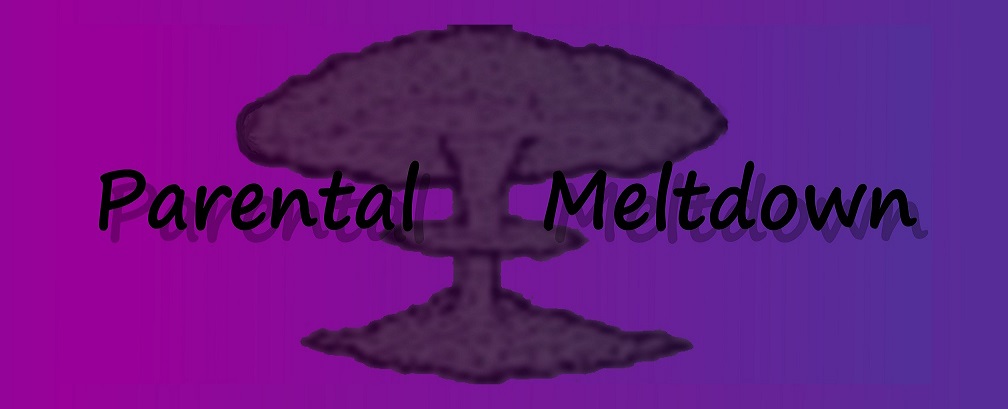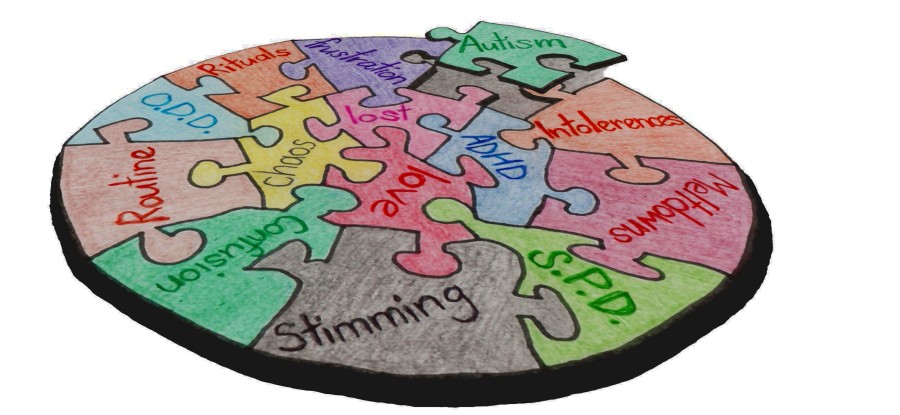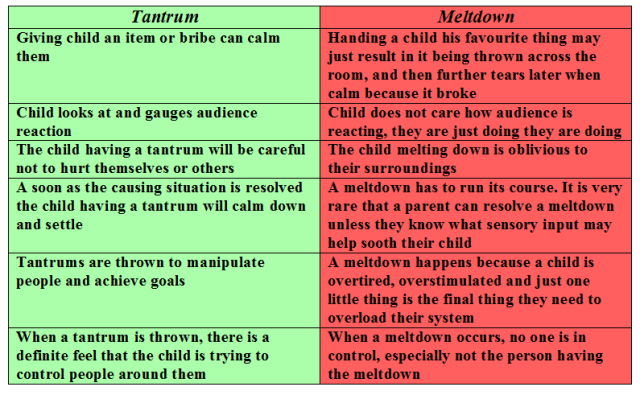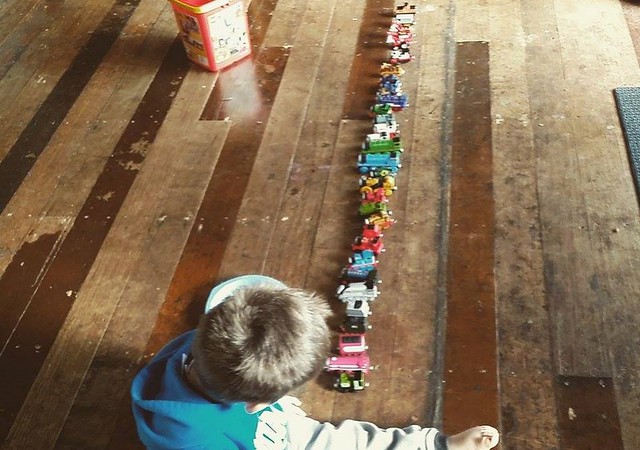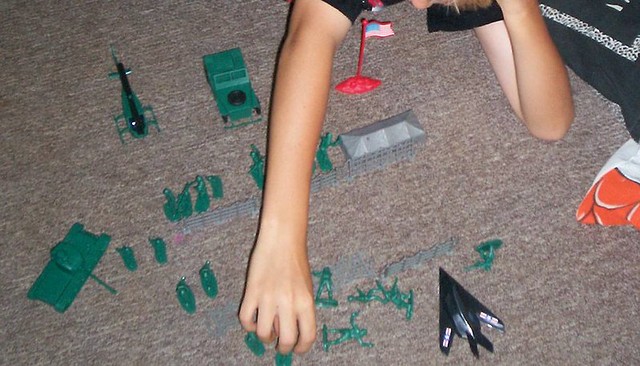popt, psshew, bang…tictic…popt, psshew, bang…tictic…popt, psshew, bang…tictic…REPEAT.
For 15 minutes.
So what is that sound?
Well, it was something MR 15 did when he was 14. He would lie on the floor, place a ping-pong ball in his mouth and launch it up to the ceiling. No mean feat since our press tin ceilings are 12ft up. He would do this over and over.
It would leave me watching the clock. Finally, 8 pm would hit:
“Hey, kiddo, time to take your Ritalin.”
(we were new to medicating for ADHD, hey until they said he had it, I did not even think he did, I am use to busy in this house).
“But Mum it makes me not able to sleep.”
(maybe, but he has always had sleeping issues, and if he did not take it, I would get an hour of this before he went to bed).
“Well let’s compromise and just try one tablet, not two ok?”
25 minutes later and he is no longer doing it, he is calm and texting on his phone.
Until he was medicated I never actually realised just how busy this child was, after all we are an active household. His brother had also been active but had settled when he hit the teen years. Mr 15 got worse when he hit them.
Argh I need a way to identify my sons. Look I am going to be mean and call them Thing 1 and Thing 2. Actually if you have ever read Cat in the Hat, it is not mean; it is totally accurate for how they were when they were younger.
I never realised just how much Thing 2 paced, fidgeted and drove me nuts. Sure I knew how much he picked things up that were not his, fidgeted with them and then dumped them in some entirely random place, making it hard for me to know where anything ever was. A typical day for me could be:
“Shoes. Where are my shoes? I swear I left them by the door. Ok, there is one, under the sofa, now where is the other?”
Walk into another room, there it is by the fridge.
“Argh, Thing 2 strikes again.”
“Where did I put the packet of worming paste for the cats…I swear it was here on the corner of the bench. Wait up. Think back, what was Thing 2 doing while you made school lunches. He had a blue box in his hands. Crap, that was the worming paste, where would he have put it?”
Took an hour of searching, eventually found it on his brother’s bookshelf.
Walking him to school was not much better.
“THING 2 STOP! you have to check the road before you cross it.”
“Thing 2, please look where you are going, yes poles do hurt when you walk into them.”
Poor Thing 2 he was always misplacing things. Always distracted. Always crashing into obstacles due to being distracted. That kid had bruises he never even remembered getting. He was always in trouble for something that he did not even realise he was doing. He was always breaking things.
Before medication, he spent a lot of time pacing back and forth like a caged animal. He barely conversed. He did not read, and even computer games did not hold that much interest. TV shows at night time were ok, but only if he could fidget while watching them.
After medication, it was like having a different child. Suddenly he was conversing with us, and boy did I love just how clued in and intelligent he was. He stopped pacing, and I suddenly realise just how busy he had been, and no I do not miss it. Now, days he still needs to get out and burn energy, but his world is not going to fall to bits if he decides to stay inside and play online with other teens instead.
Why did I fear ADHD medication so much?
I am so glad we took this leap, and I bet Thing 2 is too. After all, he is no longer getting in trouble just for grating his poor Mum’s frayed nerves. I also think I am a little less frayed now days too.
